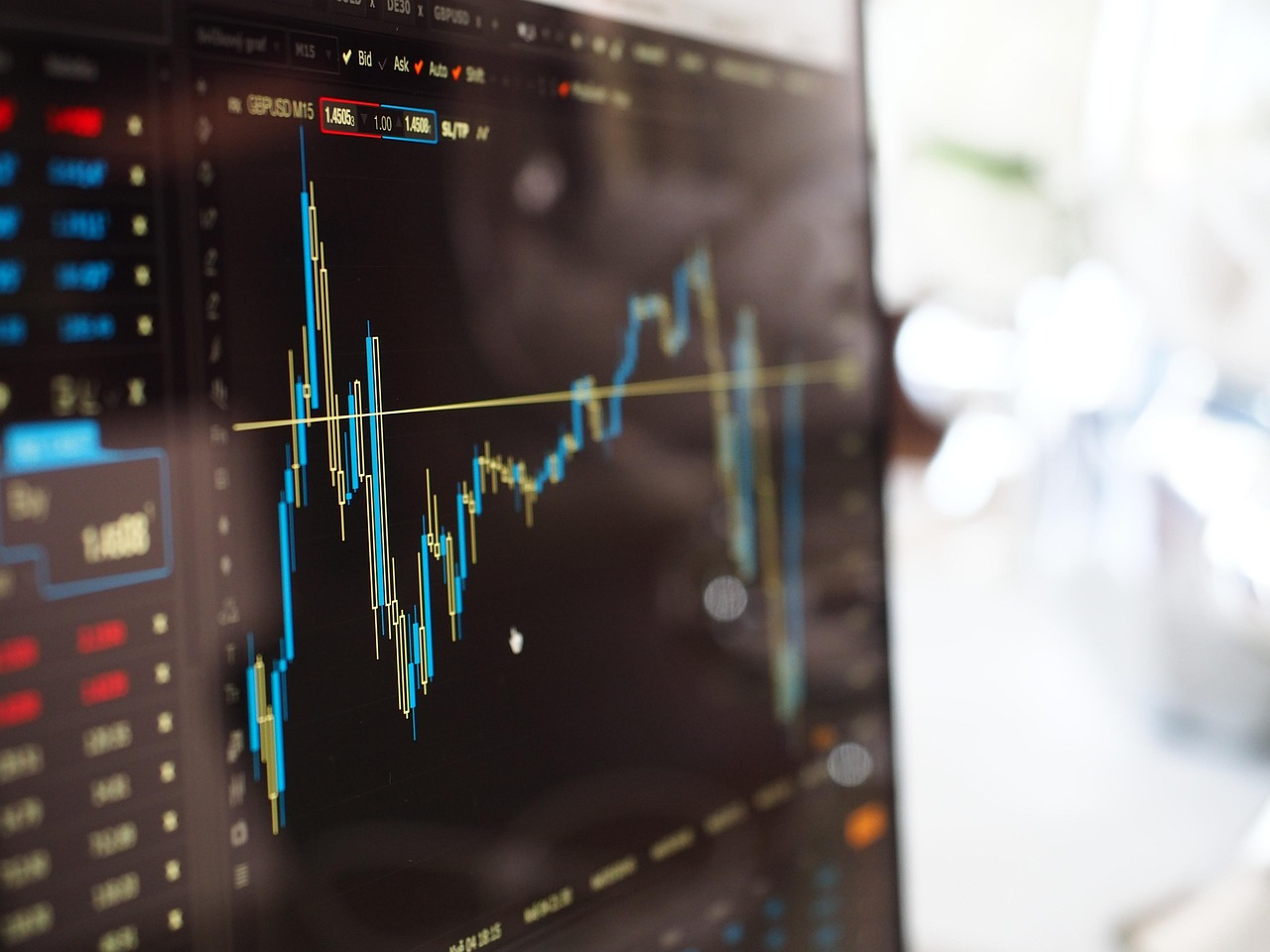
The intersection of sustainability and economics is more critical than ever as the world faces pressing environmental challenges. Green growth—a model that balances economic development with environmental preservation—is no longer a fringe concept but a global imperative. Governments, businesses, and individuals are increasingly recognizing the need for sustainable practices that ensure long-term prosperity without depleting the planet’s resources.
Economics plays a pivotal role in driving sustainability by designing policies and frameworks that encourage environmentally responsible behaviors. Carbon pricing, for example, has emerged as a powerful tool to reduce greenhouse gas emissions. By assigning a monetary value to carbon emissions, governments incentivize businesses to adopt cleaner technologies and reduce their carbon footprint. Countries like Sweden have demonstrated the effectiveness of this approach, achieving economic growth while cutting emissions.
On a corporate level, sustainability has become a cornerstone of modern business strategies. Companies are integrating Environmental, Social, and Governance (ESG) criteria into their decision-making processes to meet stakeholder demands and enhance long-term resilience. Research shows that businesses with strong ESG performance tend to outperform their peers financially, as they are better equipped to adapt to regulatory changes, resource constraints, and shifting consumer preferences.
Circular economy models are another transformative approach within sustainable economics. Unlike traditional linear models of production and consumption—where resources are used and discarded—a circular economy emphasizes reuse, recycling, and regeneration. This shift not only conserves resources but also creates new economic opportunities. For instance, industries focusing on repairing, refurbishing, and recycling products have seen significant growth, generating jobs while reducing waste.
Investment in renewable energy is a prime example of aligning economic growth with sustainability. Solar, wind, and hydroelectric power have become cost-competitive with fossil fuels, creating opportunities for nations to transition to cleaner energy systems. Additionally, green technologies like electric vehicles (EVs) and energy-efficient infrastructure are reshaping industries and driving innovation.
Consumer behavior is also evolving, with a growing preference for sustainable products and services. Economic theories such as “willingness to pay” have highlighted how consumers are often ready to spend more on eco-friendly products, providing companies with a strong incentive to adopt sustainable practices. Initiatives like green labeling and eco-certifications further empower consumers to make environmentally conscious choices.
Ultimately, the shift toward green growth requires collaboration among governments, businesses, and civil society. By embracing sustainable economic practices, the world can address climate change, reduce inequality, and create a more resilient global economy. The transition to sustainability is not just an environmental necessity—it’s an economic opportunity that promises a better future for all.
